9 ways hemp could save the planet
9 Ways hemp could save the planet
We have all heard the anecdotal reports of what hemp can do. Users report everything from lowered levels of anxiety and stress, to increased appetite and creativity. We need to do more before we can form any definite conclusions but it seems like this plant has some major potential. It doesn’t even seem to end there. Is it possible that this amazing plant, could save the planet too? Here are 9 ways that hemp could be the answer we’ve all been looking for.
Hemp is an air purifier
Hemp plants produce a ton of oxygen because they grow quickly and have numerous and dense green leaves. Some have suggested that one acre of hemp can produce as much oxygen as 25 acres of trees. Acting as a filter, hemp captures carbon dioxide emissions from the atmosphere leaving the air we breathe much cleaner. Hemp removes 1.63 metric tonnes of carbon for every for every metric tonne produced, meaning hemp absorbs more carbon dioxide than any other crop.
Planting hemp replenishes soil
Hemp is vital for planting in crop rotation for a number of reasons. Firstly, it produces large amounts of biomass that returns to the soil, decomposes, and feeds nutrients back into the ground. Secondly, hemp’s roots reach deep down into the soil. This is good because it not only holds the soil together, reducing erosion, it also loosens the soil which allowing more delicate plants to grow. Not to mention, hemp plants are quite happy to grow in all types of dirt, even if it is contaminated. Planting hemp in polluted soil actually removes contamination because heavy metals and toxins absorb directly into the plants themselves. Although we need to conduct more studies, there have even been promising results in test areas around Chernobyl following the nuclear disaster there in 1986.
Biomass can create hemp biofuel
Biomass is the stalks, seeds, and leaves of the hemp plant and is generally seen as waste by growers. However, this biomass can be turned into 2 main types of biofuel:
- Hemp biodiesel, which comes from pressed hemp seed oil
- Hemp ethanol/methanol, which comes from the fermented stalk.
Using processes like gasification and acid hydrolysis, hemp produces both ethanol and methanol better known as hempanol. Whereas, biodiesel is from the seed oil. Amazingly, it is the only alternative fuel source that works in any diesel engine! It comes with some added bonuses too. Biodiesel is safe to store, handle, and transport, it’s biodegradable and less flammable than it petroleum based counterpart.
Hemp fibers can create fabric
Hemp textiles are better for the environment for a quite a number of reasons. It doesn’t require any herbicides, pesticides or fertilizers. Since there are no chemical pollutants, there are no contaminants are not leaching into the ground water. Hemp can yield 200-250% more fiber in the same amount of land and requires 50% less water to grow as compared to cotton. Hemp is a natural, plant fiber so it doesn’t contain or shed microplastics. Finally, hemp fabric wears in and becomes softer over time and it is 100% biodegradable so there is less waste going to the landfill.
Cultivating hemp reduces deforestation
Each year we cut down an estimated 15 billion trees. The effects of deforestation on this scale are devastating and include soil erosion and infertility, increased greenhouse gases, increased CO2 in the atmosphere and disruption of the ecosystem. Making the switch to hemp for the production of paper and other goods derived from trees would have a huge impact on the overall health of the world and could save the planet.
Producing Hemp conserves water
Hemp is technically a weed so it grows easily with little to no interference. It does not require irrigation in order to reach it’s full potential and usually rain water is sufficient. Overall, it uses about 1/20 the amount of water to grow and process than cotton.
Hemp supports sustainable farming practices
Hemp is a hardy and versatile plant that does not require any chemical fertilizers, pesticides or herbicides to grow. After harvesting the plants, the stalks can be left in the soil to decompose and return nutrients. Because hemp replenishes the soil, planting hemp rotationally with other crops means the soil never lacks valuable nutrients. It is so resistant to pests that growers can use hemp as a natural pesticide for other crops growing near by as well.
Hemp can help curb world hunger
Hemp seeds are super nutritious and contain high levels of calories, minerals, fatty acids, and vitamin A, B, D, and E. They are also an excellent source of a complete plant protein that our bodies easily absorb. As such, it can help prevent one of the deadliest forms of hunger—protein-energy malnutrition. Because hemp can grow under even the most undesirable conditions, it can be planted almost everywhere in the world.
Hemp builds stronger healthier homes
Hemp is a natural insulation material because it’s hygroscopic. It has the ability to hold onto moisture, allowing it to act as a humidity regulator and of course, it’s recyclable. One extremely versatile building material, that comes from combining lime bio-composite and hemp, is Hempcrete. The most fascinating thing about this material is that one cubic meter of a hempcrete brick captures 20 kg of CO2 from the atmosphere. A cubic meter of low-density hempcrete used as spray insulation can remove 60 kg of CO2 from the atmosphere. This is because even as hempcrete, this material acts as a carbon store absorbing atmospheric CO2 for as long as it exists! Because it can be used as a primary material for foundations, floors, roofs, walls, cabinets, insulation, shingles, brick or block work, and sheeting, hempcrete can actually help fight climate change.
There is so much that hemp can do, this list barely scratches the surface. In fact, hemp has over 25 000 uses from fuel to textiles to CBD tinctures and everything in between. It poses the question, how might the world look today if hemp had never been vilified and lumped into the same category as it’s intoxicating sibling, marijuana? With all that hemp can do, maybe it’s not too late to turn the tides and start using this amazing plant to its full potential. You never know, hemp could save the planet.


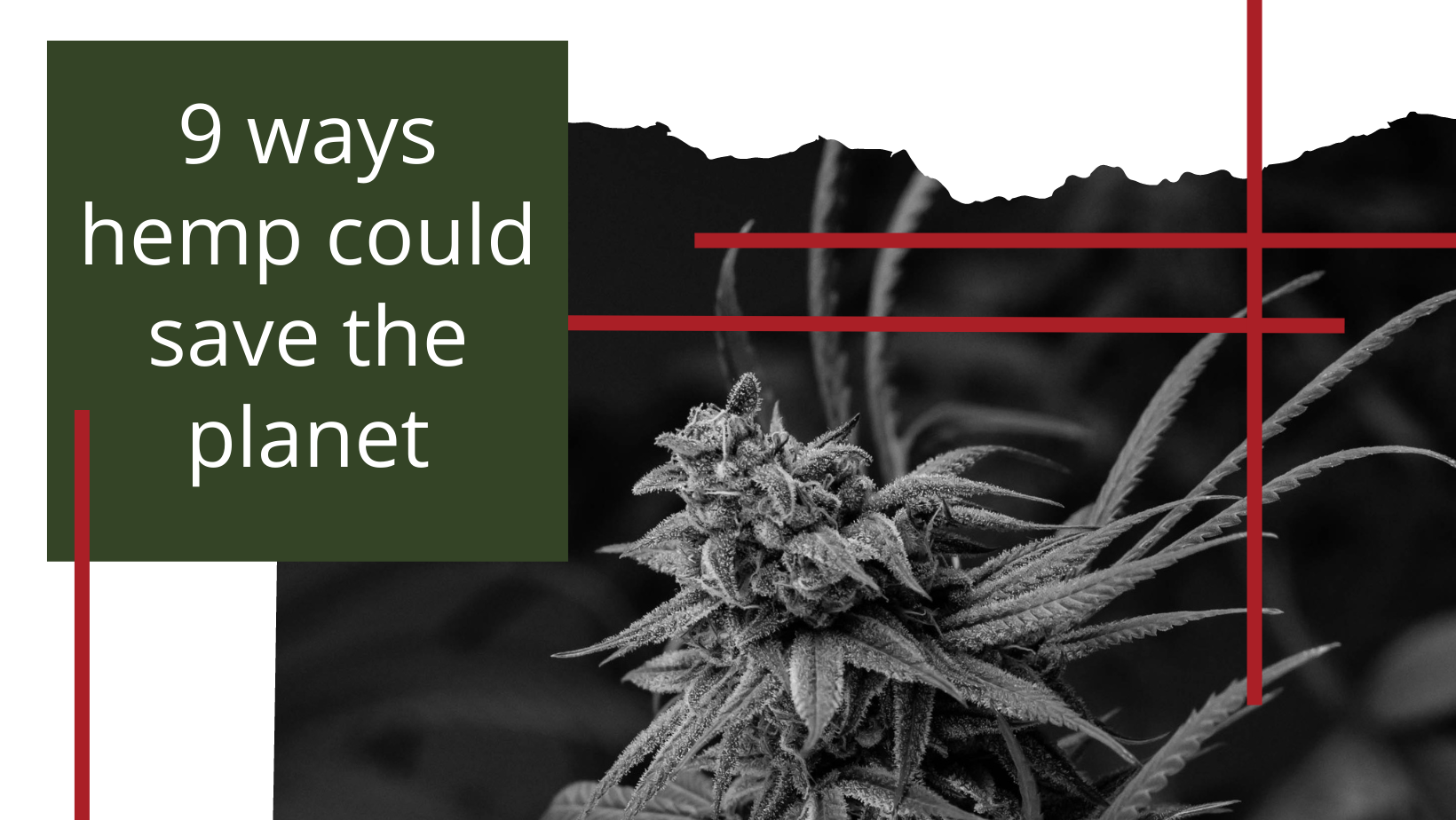



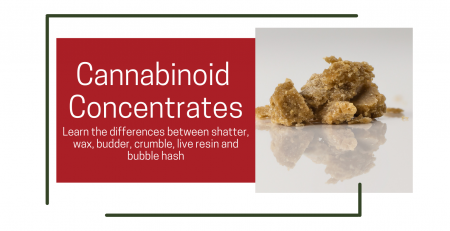
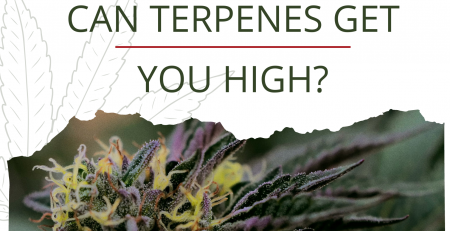
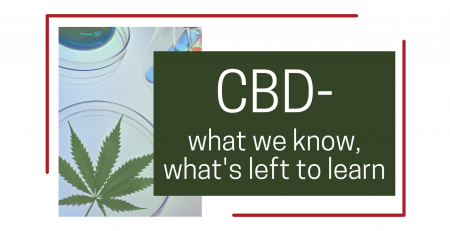
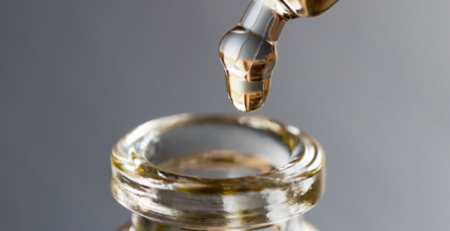

Leave a Reply